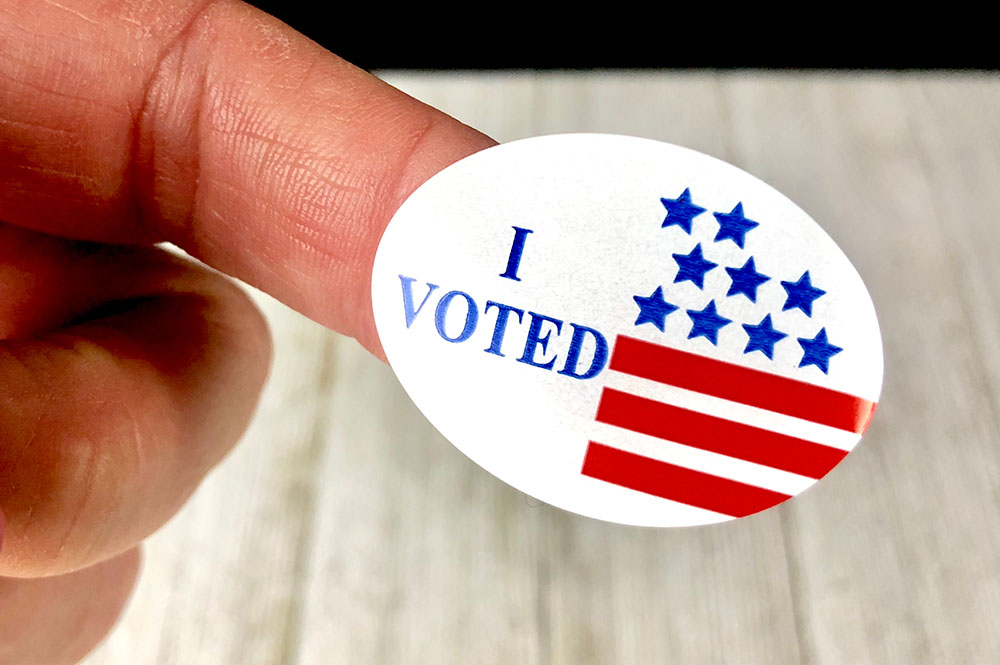To ensure that a greater number of residents affirmatively vote for municipal candidates and create a broader mandate for elected officials, we should examine the options for reforming Baltimore City’s election process to expand participation, increase competition, and improve political representation.
The current system used for Baltimore’s mayoral elections leads to several potential problems for political representation and participation. First, the primary currently serves as the key election in most municipal races, but it can be won with a low percentage of votes. Second, the general election has higher voter turn out, but because voter registrations are overwhelmingly dominated by a single party it is rarely a competitive election. Third, only registered Democrats can vote in the Democratic primary and only registered Republicans can vote in the Republican one. This means that the roughly 50,000 unaffiliated and third-party Baltimore voters cannot participate in the mayoral primary.
This report, written by George Washington University political scientist Christopher Warshaw, examines the efficacy of a number of potential reforms that could improve the functioning of Baltimore’s mayoral elections and, potentially, other municipal elections. Warshaw analyzes national trends and academic literature to evaluate three potential avenues of reform:
- Nonpartisan elections: Baltimore’s municipal officials are elected via partisan elections. One possible reform would be to switch to nonpartisan municipal elections, currently used in 85% of municipal elections nationwide.
- Ranked Choice Voting: Ranked choice voting (RCV) is a reform that would enable voters to rank their choices for mayor. If there is no majority winner after counting first choices, the race is decided by an “instant runoff,” which continues until one candidate obtains a “50% plus one vote” majority of the total votes still outstanding. RCV is more common in cities with nonpartisan elections, but the recent decision of New York City to move to RCV offers a more relevant case study for Baltimore to consider.
- Primary type: In a top-two primary system, candidates would continue to show their partisan affiliation on the ballot, but all the candidates would run in a single primary election (rather than separate Democratic and Republican primaries), all voters could participate in the primary, and the top two candidates would advance to the general election.
Ultimately, after analyzing what each of these reforms could mean for voter outreach, voter participation, and representation, the report recommends:
- Baltimore move to a top-two primary system, in which all candidates run in a single primary election and the top two vote-getters would advance to the general election.
- Baltimore closely study the growing academic literature on RCV, and, especially, the upcoming rollout of RCV elections in New York City and other large cities with partisan elections, like Baltimore’s, to determine whether it makes sense to combine RCV with the top-two primary. That is, Baltimore might want to use an RCV election in the primary to determine the top-two candidates that advance to the general election.
- Finally, the report recommends that state legislation be pursued to enable Baltimore City to put election reform to the voters.



